Bill Bryson
Early Life and Education
Bill Bryson was born on December 8, 1951, in Des Moines, Iowa. He developed an interest in the English language and literature at an early age, which was nurtured by his parents, who were both journalists. Bryson attended Drake University but dropped out in 1972, deciding instead to embark on a backpacking trip around Europe. This experience would later inspire his travel writing career.
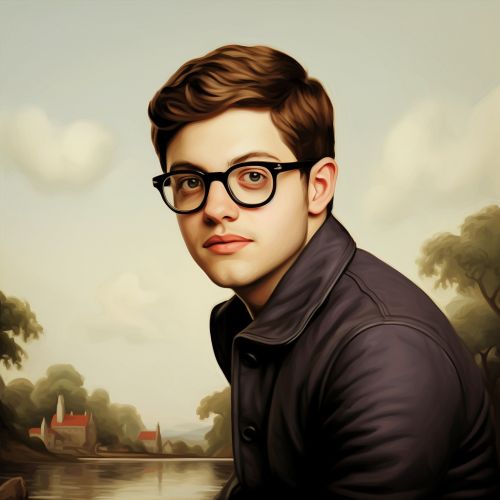
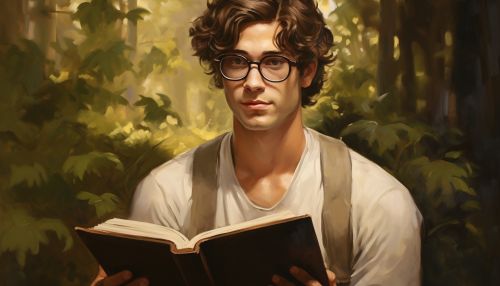
In 1973, Bryson moved to the United Kingdom, where he completed his higher education at Durham University, earning a degree in English Literature. His time in the UK significantly influenced his writing style and perspective, as he often contrasts British and American cultures in his works.
Career
Bryson began his career in journalism, working for various newspapers and magazines, including The Times and The Independent. He honed his writing skills during this period, developing a distinctive style characterized by humor, curiosity, and a keen eye for detail.
In 1985, Bryson published his first book, "The Lost Continent: Travels in Small-Town America". The book, a humorous travelogue of his journey across America, was well-received and established Bryson as a talented travel writer.
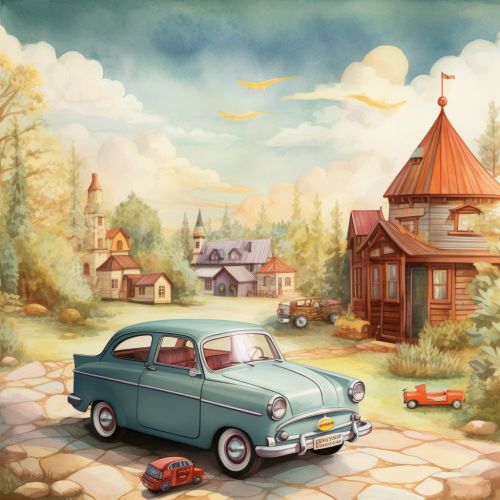
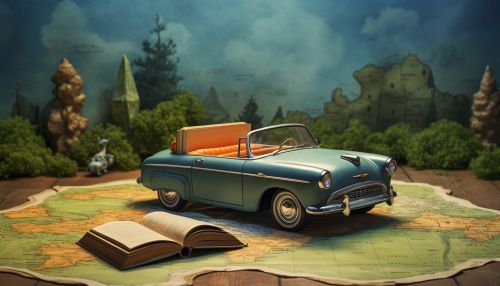
Bryson continued to explore different genres, including science, history, and language. His 1990 book, "Mother Tongue: English and How it Got that Way", delves into the history and quirks of the English language. His 2003 book, "A Short History of Nearly Everything", is a layman's guide to science, covering everything from quantum physics to paleontology. This book won multiple awards, including the Aventis Prize for Science Books and the Descartes Prize, the European Union's highest literary award in science.
Bryson has also written several books about the UK, including "Notes from a Small Island" (1995) and "The Road to Little Dribbling: More Notes from a Small Island" (2015). These books offer a humorous and affectionate portrayal of British life and culture.
Writing Style and Reception
Bryson's writing is characterized by his humor, curiosity, and attention to detail. He often uses anecdotes and personal experiences to illustrate his points, making his writing accessible and engaging. His books are noted for their ability to make complex subjects understandable and entertaining.
Critics have praised Bryson's ability to combine humor and knowledge. His books have been described as "laugh-out-loud funny" and "educational and entertaining". However, some critics have noted that his humor can sometimes overshadow the factual content of his books.
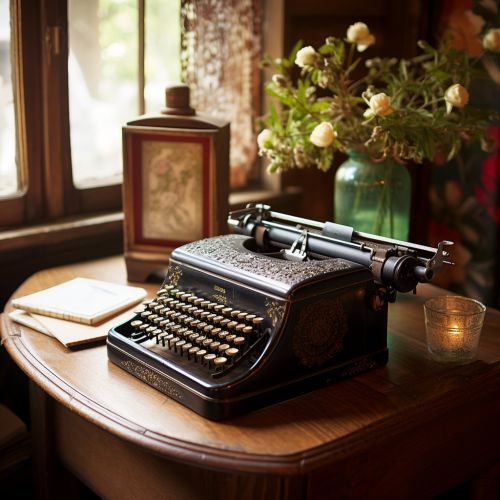

Personal Life
Bryson lives in Norfolk, England, with his wife, Cynthia. They have four children. Despite his fame, Bryson maintains a low public profile. He is known for his love of hiking, which inspired his book "A Walk in the Woods: Rediscovering America on the Appalachian Trail" (1998).
Legacy and Influence
Bryson's books have sold millions of copies worldwide and have been translated into multiple languages. His work has inspired many other writers and has contributed to the popularity of the travel writing genre.
In recognition of his contributions to literature, Bryson was awarded an honorary OBE (Order of the British Empire) by the UK government in 2006. In 2013, he was elected a Fellow of the Royal Society, the first non-scientist to receive this honor.
See Also
Travel literature Humor writing Science communication
References
1. "Bill Bryson Biography". Biography.com. Retrieved 2020-10-12. 2. "Bill Bryson: The road to Little Dribbling". The Guardian. Retrieved 2020-10-12. 3. "A Short History of Nearly Everything". Goodreads. Retrieved 2020-10-12. 4. "Bill Bryson awarded honorary OBE". BBC News. Retrieved 2020-10-12. 5. "Bill Bryson elected a Fellow of the Royal Society". Royal Society. Retrieved 2020-10-12.
